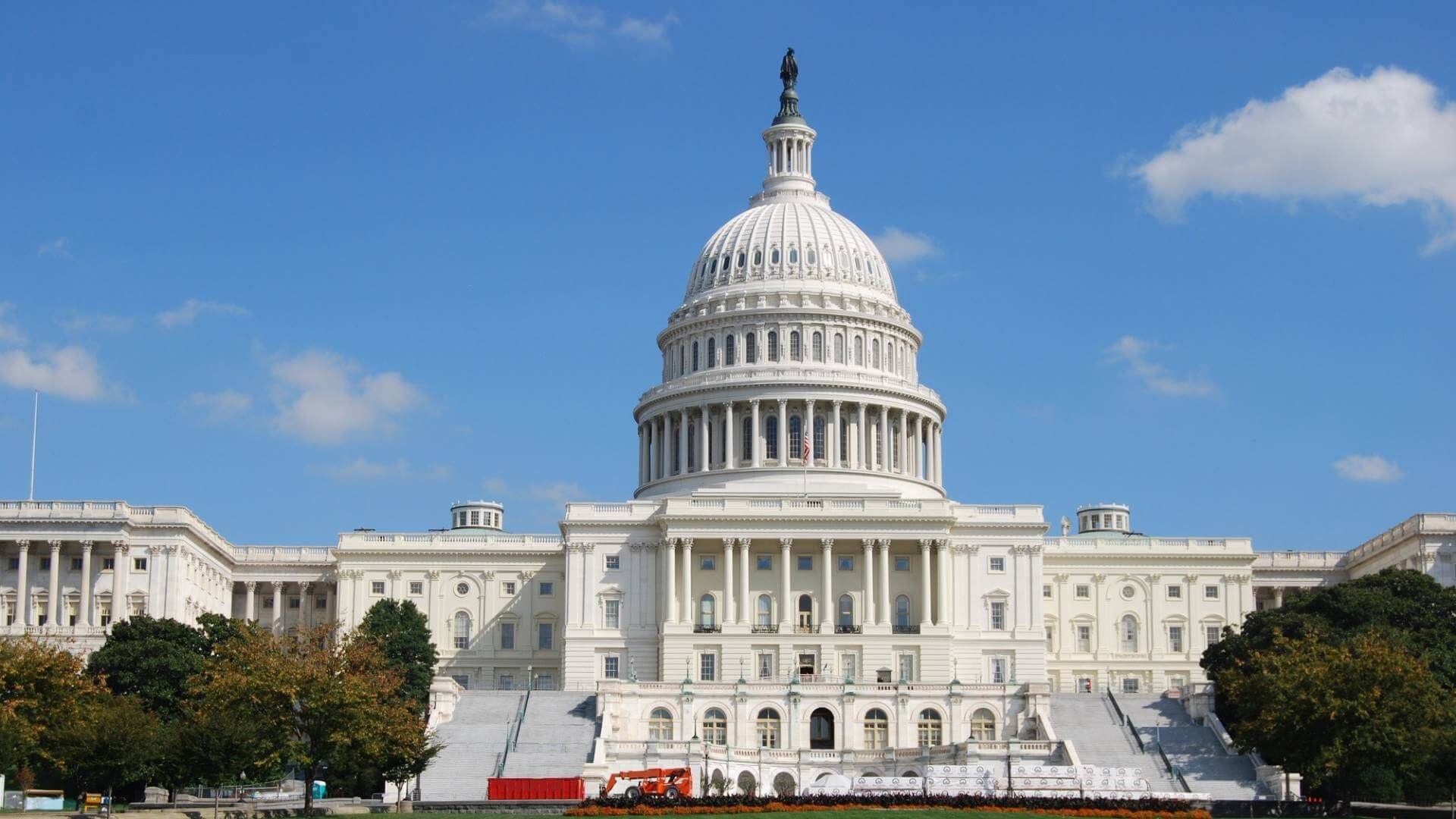The patent system is governed by federal law. Therefore, Congress has the ability to fix the system through legislation. There have been several attempts in recent years to reform the patent system, including proposals to limit the number of patent lawsuits and address the issue of patent trolls. However, achieving consensus on patent reform has proven difficult, and the patent reform issue remains a topic of debate in Congress.
Congress has found it difficult to develop a consensus on patent reform for many reasons, including diverse interests among members of Congress, the complexity and technical nature of the patent system, heavy lobbying by companies and interest groups and the increasing polarization of Congress. Achieving consensus on the best approach for patent reform will likely require significant effort and compromise from all stakeholders involved.
There have also been ongoing debates about the patent system, with some arguing that it should be strengthened to encourage innovation and protect intellectual property, while others argue that it should be reformed to prevent abuse and promote competition. Ultimately, it will be up to Congress to decide how best to address these issues through legislation. Here are a series of opinion pieces we found of interest relating to Congress and patent reform.
SCOTUS Weakened Our Patent System. Congress Can Fix It
In an opinion piece for RealClear Policy, “SCOTUS Weakened Our Patent System. Congress Can Fix It,” Frank Cullen, executive director of the Council for Innovation Promotion, contends that recent decisions by the U.S. Supreme Court have weakened the patent system, particularly with regard to patent eligibility. Specifically, he points to four U.S. Supreme Court decisions—Mayo v. Prometheus, Bilski v Kappos, Association for Molecular Pathology v. Myriad Genetics and Alice Corp. v. CLS Bank International—and the impact the decisions had on patent protections in the patent system.
Cullen suggests that Congress should intervene to clarify and strengthen the patent system, possibly by passing legislation to clarify the standard for patent eligibility and provide greater protection for inventors. Read the full article on RealClear Policy.
Renewed U.S. Congress Should Seize Chance to Make IP Policy Impact
In an opinion piece for IAM, “Renewed US Congress should seize chance to make IP policy impact,” William New, senior IAM reporter, argues that the U.S. Congress should prioritize intellectual property (IP) policy in their legislative agenda. He suggests that the current climate presents a unique opportunity for Congress to create meaningful IP policy to help foster innovation, job creation, and economic growth. Specifically, New recommends Congress focus on strengthening patent protections, promoting licensing agreements, and addressing the challenges of the digital age, such as copyright enforcement in online platforms. Read the full article on IAM.
Flip-Flopping USPTO Rules Are a Problem and Here’s the Solution
In an opinion piece for IAM, “Flip-flopping USPTO rules are a problem and here’s the solution,“ Joshua Landau, patent counsel at the Computer and Communications Industry Association, argues that the United States Patent and Trademark Office (USPTO) frequently flip-flops on its rules, causing confusion and difficulty for patent applicants. He suggests that the USPTO adopt a more consistent and transparent approach to rulemaking and decision-making, including providing more detailed guidance on how rules will be implemented and taking input from stakeholders. Landau also advocates for the creation of an independent body to oversee the USPTO’s rulemaking process and ensure that the agency is acting in the best interests of all stakeholders. Read more from IAM.
Disclosure: Fatty Fish is a research and advisory firm that engages or has engaged in research, analysis, and advisory services with many technology companies, including those mentioned in this article. The author does not hold any equity positions with any company mentioned in this article.
The Fatty Fish Editorial Team includes a diverse group of industry analysts, researchers, and advisors who spend most of their days diving into the most important topics impacting the future of the technology sector. Our team focuses on the potential impact of tech-related IP policy, legislation, regulation, and litigation, along with critical global and geostrategic trends — and delivers content that makes it easier for journalists, lobbyists, and policy makers to understand these issues.
- The Fatty Fish Editorial Teamhttps://fattyfish.org/author/fattyfish_editorial/January 19, 2024
- The Fatty Fish Editorial Teamhttps://fattyfish.org/author/fattyfish_editorial/January 3, 2024
- The Fatty Fish Editorial Teamhttps://fattyfish.org/author/fattyfish_editorial/January 3, 2024
- The Fatty Fish Editorial Teamhttps://fattyfish.org/author/fattyfish_editorial/December 31, 2023








